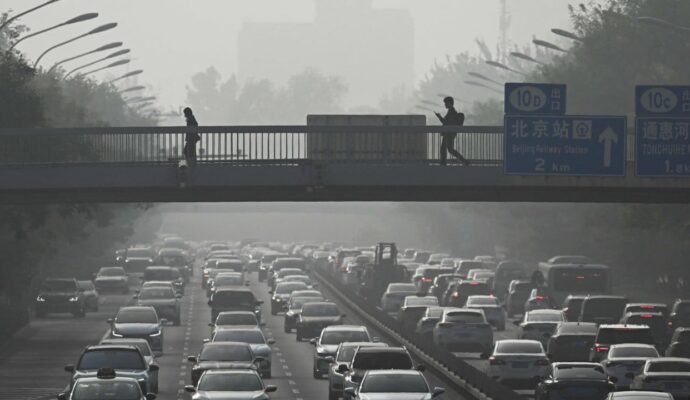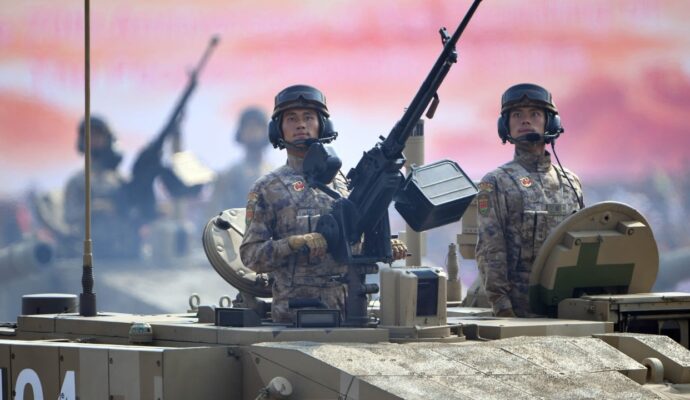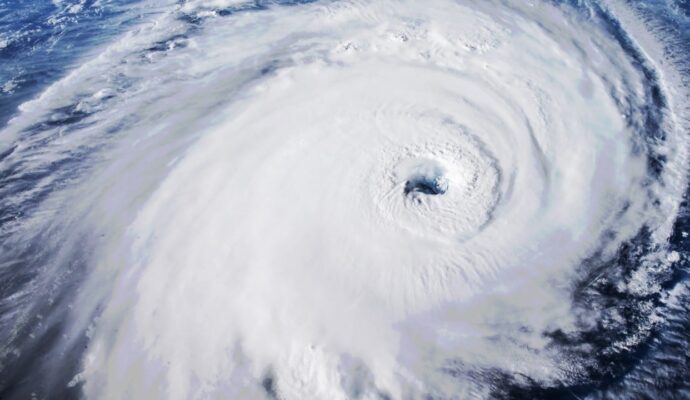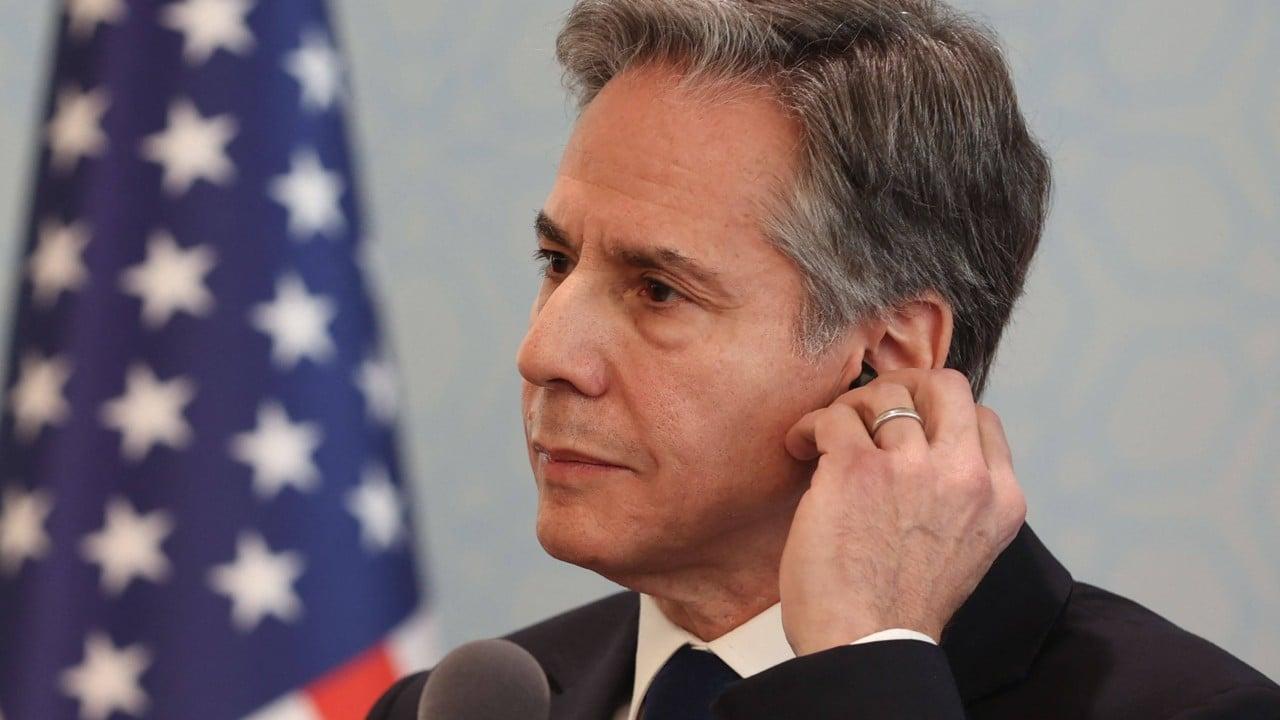
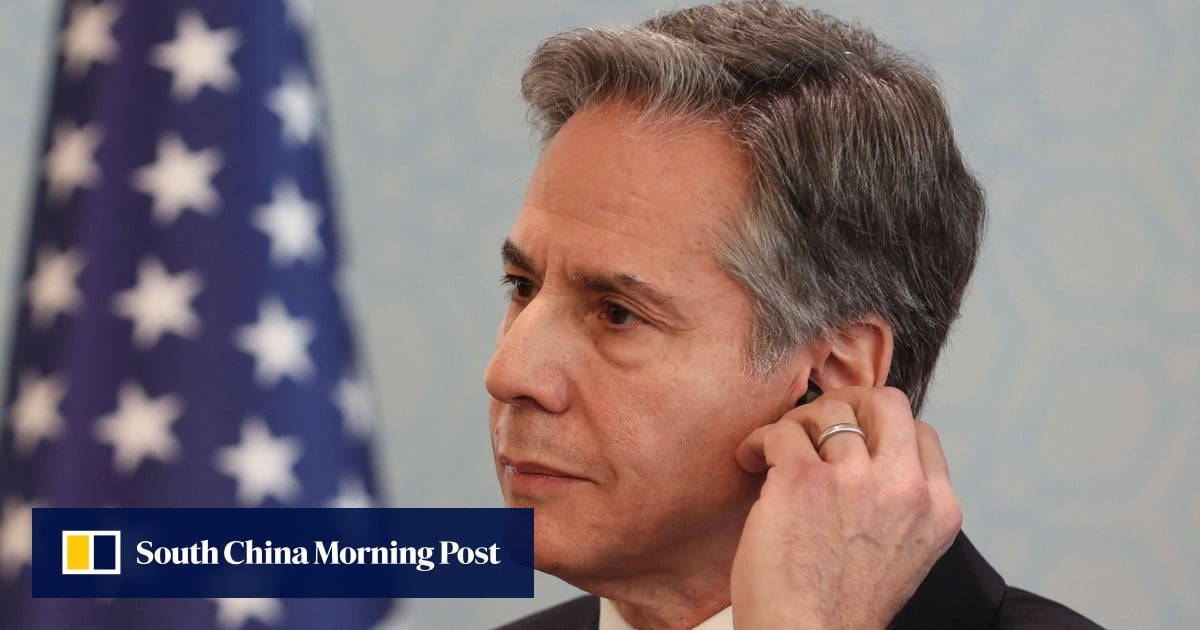
“And so to the extent China is trying to engage in a charm offensive these days to re-engage with other countries as it comes out of Covid, I don’t think it wants to be in the business of further alienating them by providing lethal support to Russia,” he said.
Chinese foreign ministry spokesman Wang Wenbin accused Washington of “spreading false information” a day after Blinken first made the accusation in a CBS interview.
“It is the United States and not China that is endlessly shipping weapons to the battlefield,” Wang said at a briefing on Monday.
Beijing has boosted its engagement with Moscow with Wang Yi’s visit there this week. The trip is expected to pave the way for Xi to visit the Russian capital. Washington regards these developments as directly contradicting the diplomat’s efforts to shore up ties in Europe.
State Department spokesman Ned Price said the fact that Kyiv was omitted from Wang’s itinerary revealed Beijing’s bias regarding the war.
“Unless I’ve missed it, I’m not aware of Wang Yi making a symmetrical visit to Kyiv to discuss their ideas for a peace proposal,” Price said in a briefing on Thursday.
During a speech at the conference in Munich on Saturday, Wang stated China would put forward its position for a political settlement of the Ukraine crisis, but did not elaborate on when a proposal for peace talks would be delivered.
Blinken also tied Washington’s strategy in trying to deter Russian aggression in Ukraine to Beijing’s plans for Taiwan, which it seeks to reunify with the mainland after decades of de facto independence.
Beijing says Taiwan must be reunified by force if necessary. As is the case with many Western countries, the US does not recognise the island as an independent state. But Washington is committed by law to support Taiwan’s military defence capability – a stance Beijing strongly opposes.
“I think the fact that so many countries have come together, and the way they’ve come together, has to be something that China factors into its own thinking about Taiwan, including at some point in the future, any potential use of force,” Blinken said.
“The sanctions, the export controls that have been imposed on Russia, and that are doing serious damage, damage, by the way that’s going to accumulate,” he added. “I think that’s something that China has to factor into its thinking about the future.”
“I think it has to factor into its thinking the huge reputational costs that Russia has incurred.”
Additional reporting by Khushboo Razdan in New York
